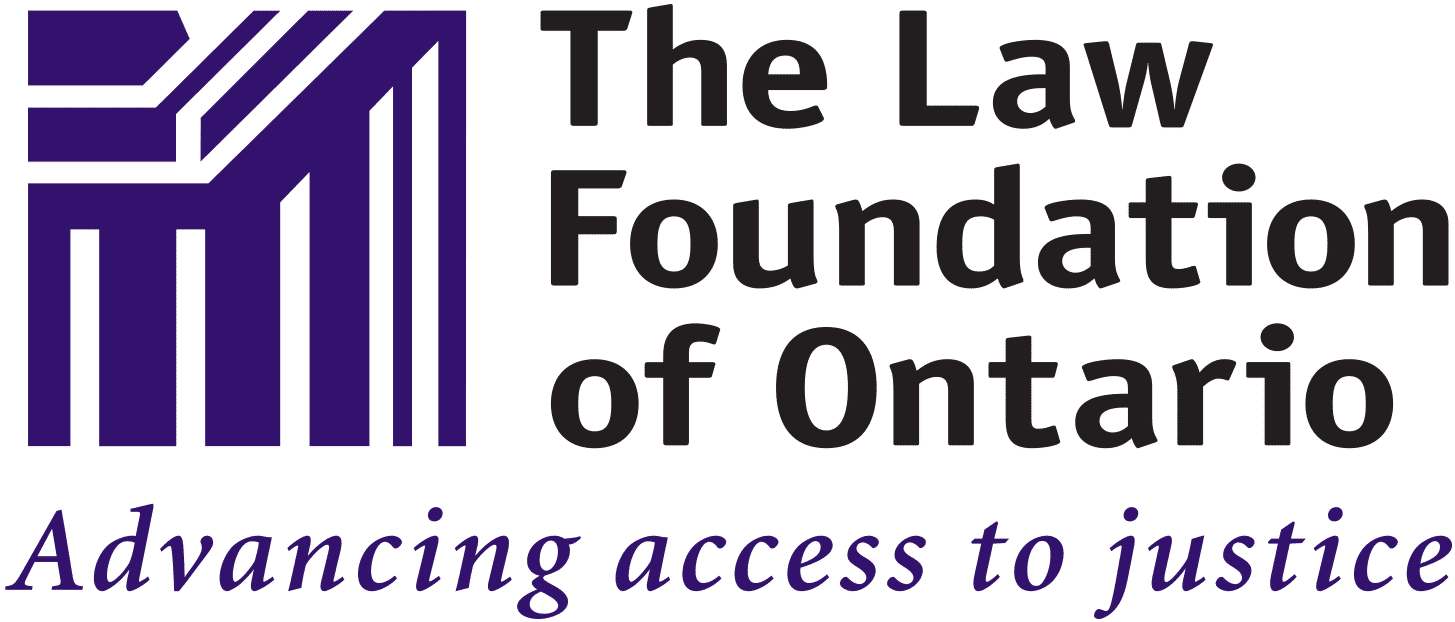What if a client wants a record suspension?
Getting a record suspension (also known as getting a pardon) can help increase the odds that your client secures employment. With a record suspension, employers won’t be able to see their convictions come up on a criminal record check, with very few exceptions. The record suspension would also bring them under the protection of Ontario’s Human Rights Code. This means that an employer will not generally be able to discriminate against them because of their pardoned criminal record.
Warning: In some cases, if your client is applying for a job that requires a vulnerable sector check, their pardoned record could be revealed and used against them if the pardoned conviction was for one of the offences listed in this Schedule to the Criminal Records Act.
Suspension Eligibility
If your client wants to get their record suspended, they will need to meet the government’s eligibility criteria*. This means that:
- They have completed their sentence (e.g., paid fines, completed probation orders/parole, etc.)
- They have waited long enough after the offence
- 5 years for a summary offence
- 10 years for an indictable offence
- They’ve been of “good conduct”
- Many things can be considered when making this evaluation, including that the applicant isn’t convicted of new offences (including provincial and municipal offences like careless driving or city noise violations) and doesn’t have new charges. However, things like representations made by the applicant on social media or information from others who have knowledge of the case can also be considered.
If your client meets all of these criteria, they still might not be able to apply if:
- They have been convicted of certain sexual offences as listed in this Schedule to the Criminal Records Act
- They have been convicted of 3 or more indictable offences that had prison sentences of 2 years or more
*These criteria may apply differently to your client if their conviction(s) is from before 2012.
If your client has multiple convictions and wants their record suspended, the Parole Board takes an all or nothing approach. This means your client will need to meet the eligibility criteria for each conviction on their record. If they don’t, they cannot apply for it.
Cannabis Record Suspension
This is a specific type of record suspension which has its own process. This type of suspension is for anyone who was convicted of simple possession of cannabis. If your client has other charges related to cannabis on their record, they will not be able to apply for this. It is only for simple possession. If they have other charges, they can still apply for a regular record suspension, if they meet the eligibility requirements.
Warning: Even if your client is successful in getting their record suspended, the suspension can be revoked if they commit new offences, are no longer of “good conduct”, or if they made false or misleading statements in their application.
How You Can Help:
- Step 1: If your client would like more information on record suspensions or whether they might be eligible for a suspension, you can point them to additional resources. You can also help them check their eligibility using the Parole Board of Canada’s Online Self-Assessment Tool.
- Step 2: Warn your client about the application fee ($657.77 in 2021).
- If your client is on Ontario Works or ODSP, suggest they contact their caseworker to see if they can get an additional allowance to help with the costs of getting their record suspension.
- Step 3: If your client would like to apply for a record suspension, let them know they can go through this process on their own and that they do not need a lawyer to help them with the application if they don’t want to hire one. If they have questions about the process, they can also call the Parole Board of Canada’s information hotline at 1-800-874-2652.
- You should also warn your client about private services that may guarantee a faster or easier process. No one can get through the process faster or guarantee an outcome for your client, so it’s helpful to warn them ahead of time.
- Step 4: You can help your client complete the required paperwork by writing down what they say and helping them organize the additional documents that they will need to apply.
- Step 5: Warn your client that even after they submit their application, the process can take quite a bit of time (approx. 6–12months).
- Step 6: If your client receives a decision from the Parole Board of Canada about their record suspension that they disagree with, they can appeal that decision, but it is a complicated process with a tight timeline. If your client wants to do this, they should get legal advice as soon as possible. The timeline to submit the appeal is two months from the date of the decision.
- Help them set up a free 30-minute call through the Law Society Referral Service or refer them to their local legal clinic. Community legal clinics don’t typically offer services for record suspension appeals, but they might be able to refer your client to a local legal professional that can help.
There is no application fee for this type of suspension, but your client might still need to pay additional fees for the process (e.g., fingerprinting, court documents, etc.).

